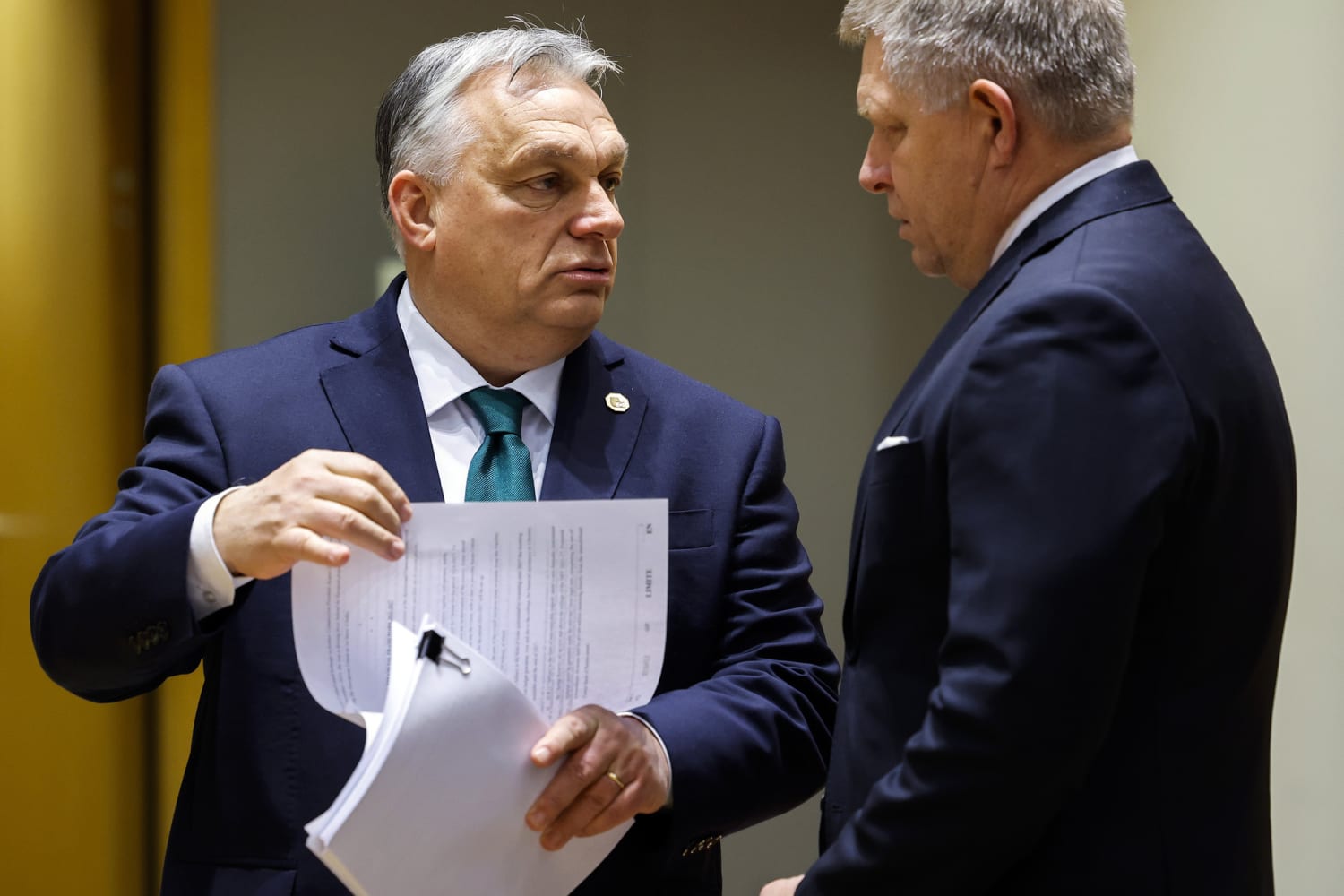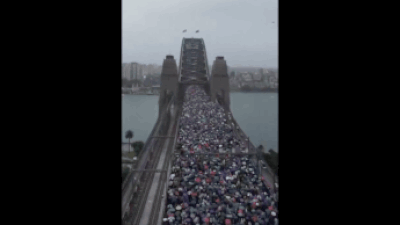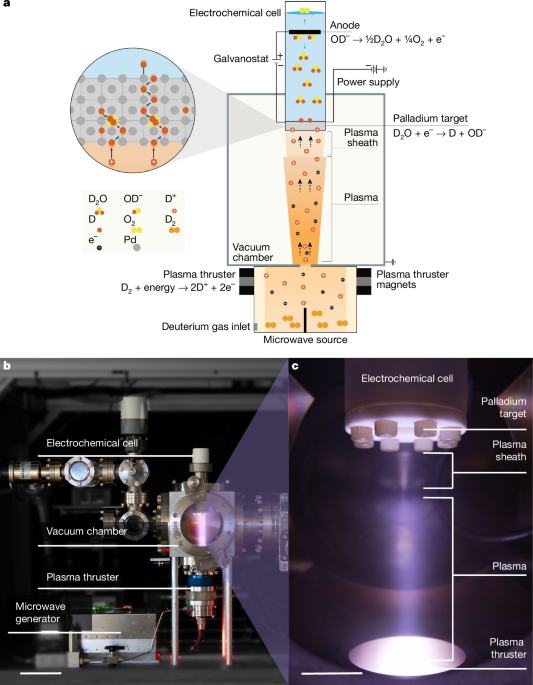The 27 European Union leaders reached an agreement to provide Ukraine with a 50-billion-euro ($54 billion) support package for its war-ravaged economy during a summit in Brussels, despite Hungary’s ongoing threat to veto the decision. European Council President Charles Michel announced the deal on X, formerly known as Twitter, stating that it “locks in steadfast, long-term, predictable funding for Ukraine,” showcasing the EU’s leadership and responsibility in supporting the country. Ukrainian President Volodymyr Zelenskyy welcomed the decision as “very important.”
Hungarian Prime Minister Viktor Orban, who had previously objected to the financial aid package and blocked its adoption, unexpectedly lifted his veto. In December, the 26 other leaders had agreed that the $54-billion package would run from 2024 through 2027. Additionally, they made Ukraine a candidate for EU membership, a decision reluctantly accepted by Orban.
The financial package was part of a review of the EU’s seven-year budget, requiring unanimous approval. An EU official mentioned that the leaders agreed to have the European Commission propose a budget review in two years, if necessary, without allowing for a future veto opportunity.
After Russia’s invasion of Ukraine almost two years ago, the war has come to a standstill, and Ukraine’s economy is in urgent need of support. However, political conflicts in the EU and the United States have delayed a long-term source of funding.
Ahead of the summit, other leaders criticized Orban for playing political games that undermined support for Ukraine and its economy. There are concerns that public support for continual financial aid to Ukraine is decreasing, despite the potential threat to Europe’s security in the event of a Russian victory.
Polish Prime Minister Donald Tusk expressed frustration towards Orban, referring to “Orban fatigue” and accused him of playing a “very strange and very egoistic game.” Orban, known for his close ties to Russia, is displeased with the European Commission’s decision to freeze his government’s access to some of the bloc’s funds due to concerns about Hungary’s democratic backsliding.
Hungary’s actions have also affected NATO, with Orban blocking high-level meetings with Ukraine until recently and holding up Sweden’s bid for membership in the military organization.
Estonian Prime Minister Kaja Kallas criticized Orban’s actions and highlighted Hungary’s own economic issues and interest rates, emphasizing the benefits of being part of Europe. Tusk emphasized that there could be “no room for compromise on our principles, like the rule of law.”
Irish Prime Minister Leo Varadkar stressed the importance of reaching a deal supported by all 27 member countries. In the end, the leaders came together in Brussels to address the issue, which was resolved within minutes.
The European Union confirms a new aid package worth $54 billion for Ukraine despite Hungary’s threat of veto













